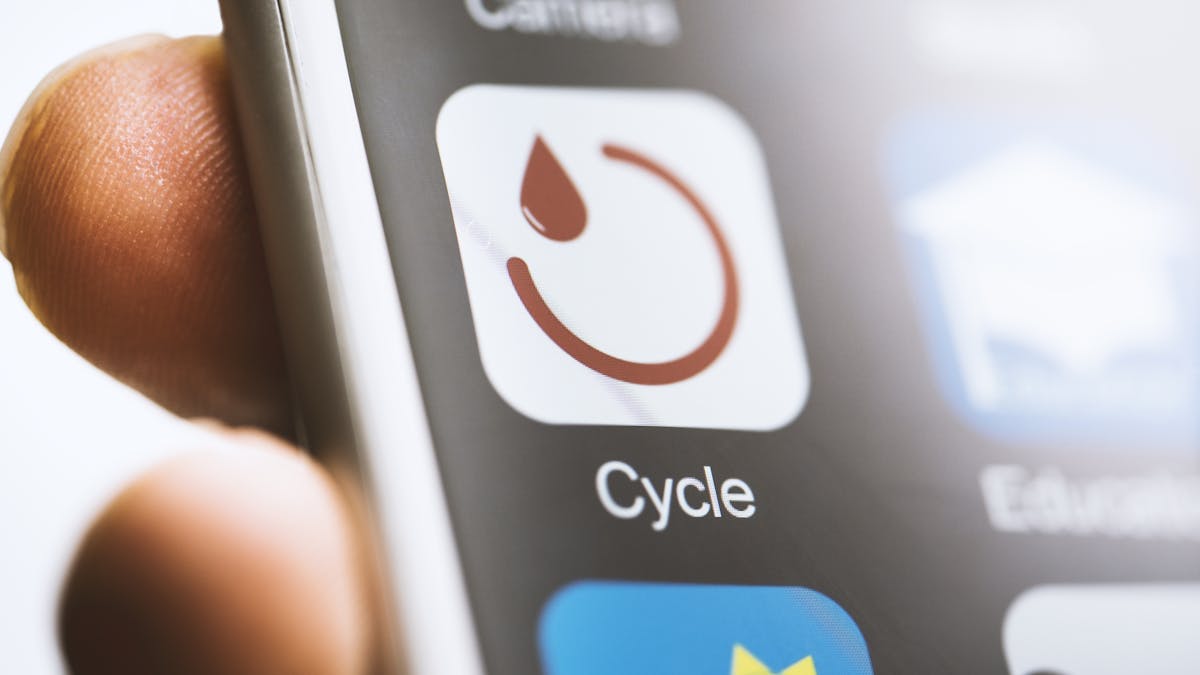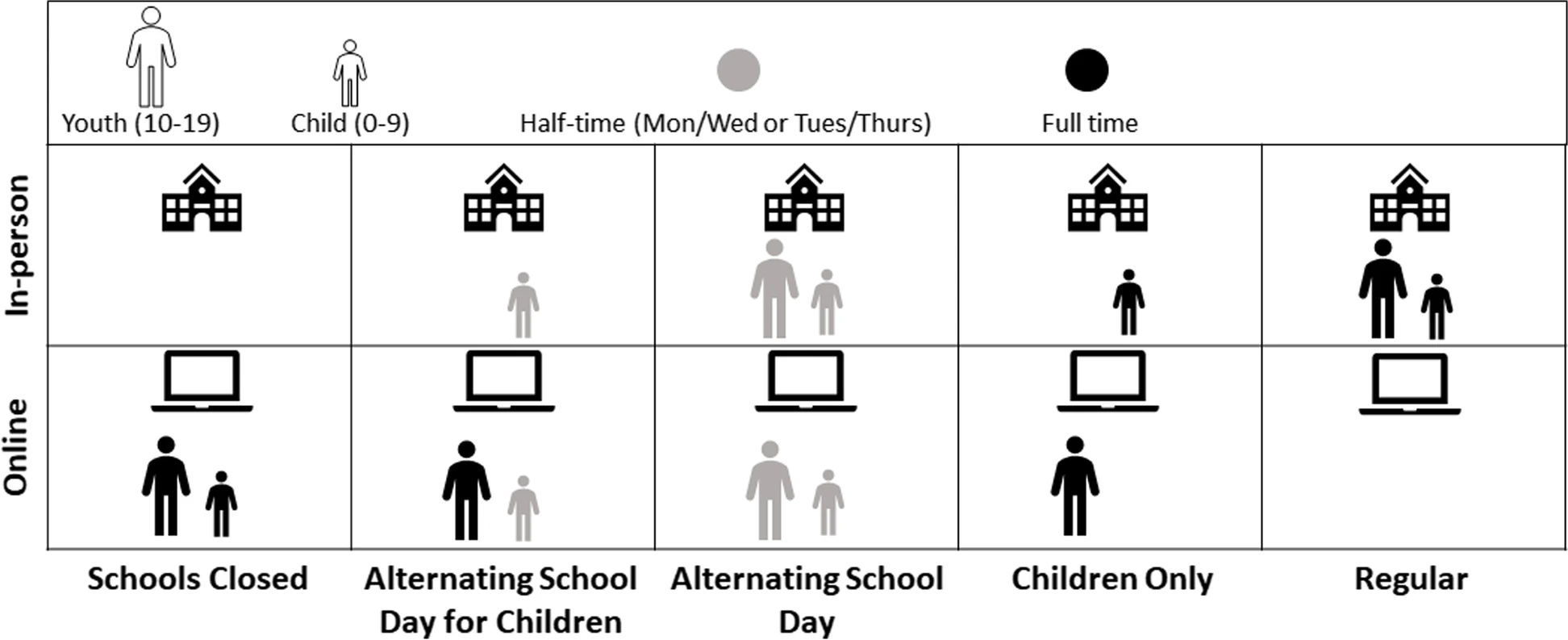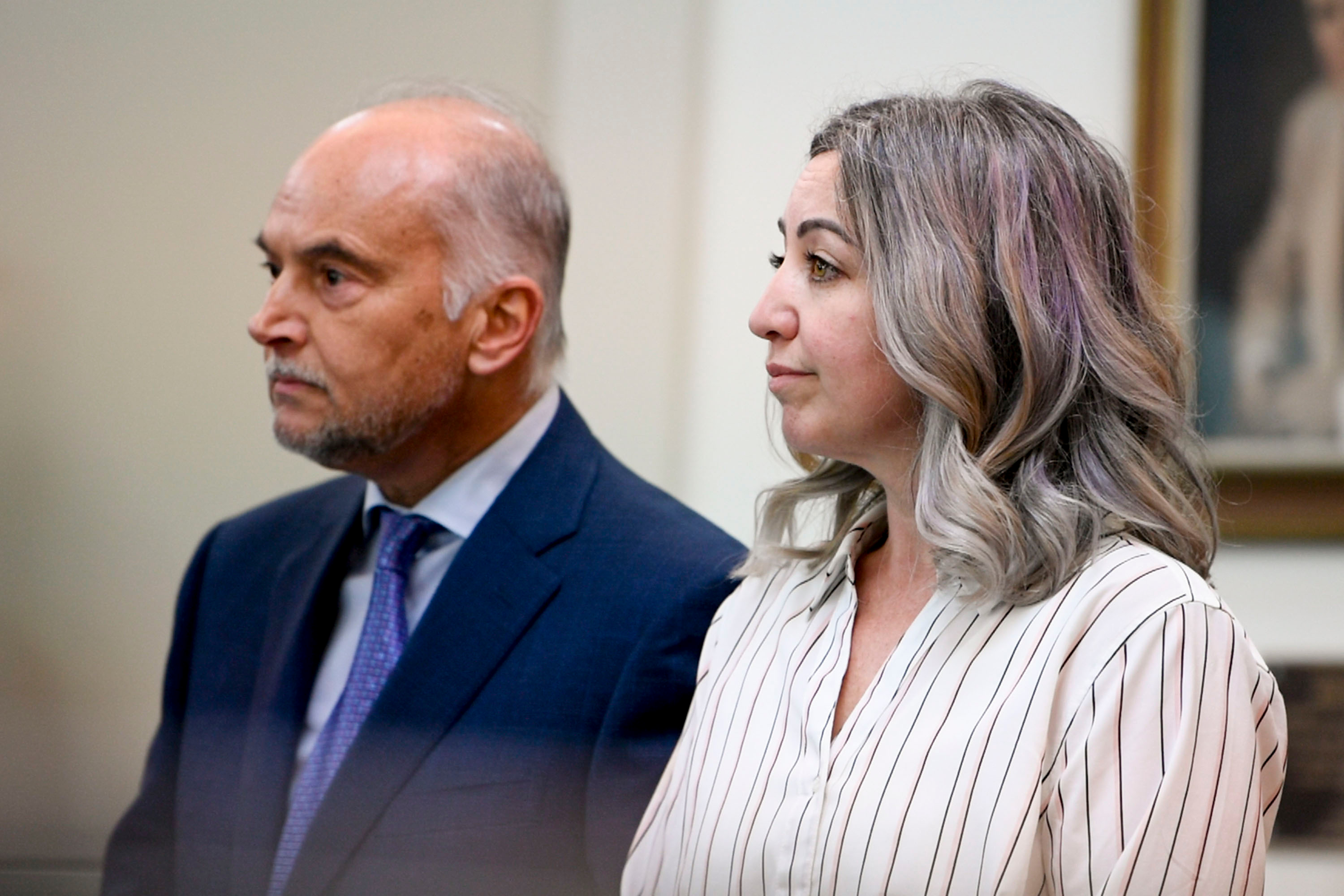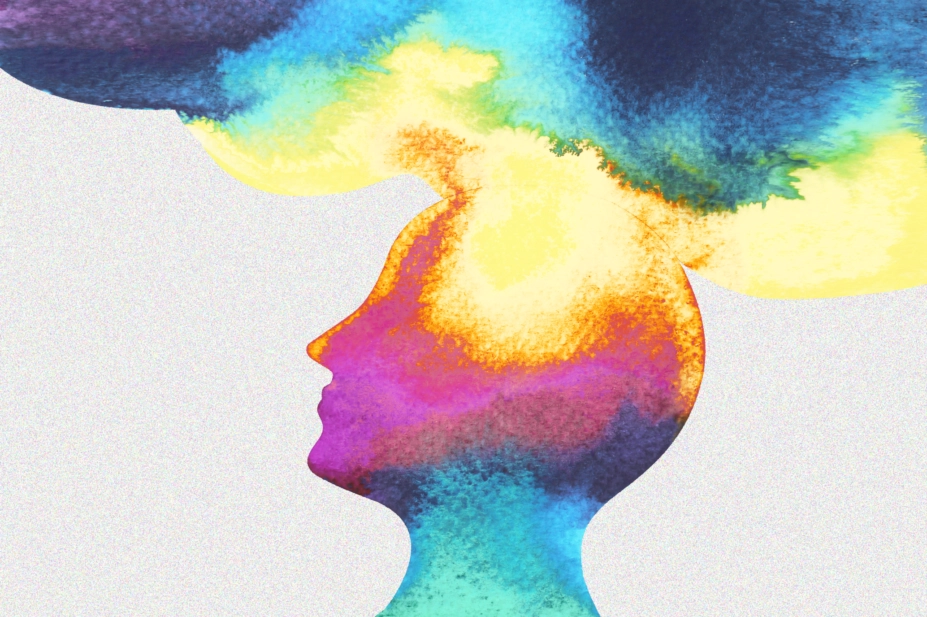Deaths involving alcohol use disorder increased dramatically during the pandemic, according to a new study by Cedars-Sinai investigators. The study also found that young adults 25 to 44 years old experienced the steepest upward trend in alcohol use disorder mortality. In the study, published this month in the peer-reviewed journal JAMA Network Open, investigators used predictive modeling...
Health
Online Data Could Be Used Against People Seeking Abortions If Roe V. Wade Falls
When the draft of a Supreme Court decision that would overturn Roe v. Wade was leaked to the press, many of us who have been studying privacy for vulnerable individuals came to a troubling realization: The marginalized and vulnerable populations whose online risks have been the subject of our attention are likely to grow exponentially....
U.S. Deaths from Covid Hit 1 Million, Less Than 2 1/2 Years In
The U.S. death toll from COVID-19 hit 1 million on Monday, a once-unimaginable figure that only hints at the multitudes of loved ones and friends staggered by grief and frustration. The confirmed number of dead is equivalent to a 9/11 attack every day for 336 days. It is roughly equal to how many Americans died...
New Study Shows Hybrid Learning Led to Significant Reduction in Covid-19 Spread
As communities continue a shift toward normalcy in the wake of the Covid-19 pandemic, researchers at the Georgia Institute of Technology have helped quantify the effectiveness of one of the most commonly-debated mitigation measures taken across the country. A new study published in BMC Public Health shows that hybrid learning utilizing alternating school days for children offers a significant...
More and More Young Children Are Accidentally Ingesting Cannabis Edibles
For the fourth year in a row the NJ Poison Control Center has seen an increase in calls concerning children who accidentally consumed cannabis (marijuana, THC) edibles. Last year (2021), the NJ Poison Control Center assisted in the medical treatment of more than 150 children who were accidentally exposed to cannabis edibles — nearly 100...
Under 6 Percent of Criminal Justice Cases Get Opioid Use Disorder Treatment
About 4 million people who reported use or misuse of prescription opioids or heroin in 2014 also reported having a concurrent arrest or active probation or parole status. Individuals who report opioid use are significantly more likely to have been arrested compared to those who do not use opioids. Opioid agonist treatment, which includes federally...
Nearly 1 in 3 Patients Involved in a Car Crash During Their Lifetime Admit Distracted Driving
About 18% of patients with injuries sustained in motor vehicle crashes (MVCs) acknowledge that distracted driving contributed to the crash – although the true rate is likely even higher, according to a report in The Journal of Bone & Joint Surgery. Meanwhile, nearly every patient in the survey study acknowledged distracted driving at least sometimes, according to the...
Nurse Convicted of Neglect and Negligent Homicide for Fatal Drug Error
RaDonda Vaught, a former nurse criminally prosecuted for a fatal drug error in 2017, was convicted of gross neglect of an impaired adult and negligent homicide Friday after a three-day trial that gripped nurses across the country. Vaught faces three to six years in prison for neglect and one to two years for negligent homicide...
Road Traffic in European Cities Exposes 60 Million People to Noise Levels Harmful to Health
A study by the Barcelona Institute for Global Health (ISGlobal), a centre supported by the “la Caixa” Foundation, assessed the levels of noise generated by road traffic and examined its impact on health in 749 European cities. The findings, published in Environment International, show that nearly 60 million adults are subjected to unhealthy levels of vehicle-generated noise. Compliance with the...
A Psychedelic Drug, Combined with Intense Therapy, Improves PTSD Symptoms
Post-traumatic stress disorder (PTSD) affects millions of people each year, mostly survivors and witnesses of terrifying or shocking events, such as warfare, assaults or disasters. Because existing treatments don’t work for everyone, new therapies are urgently needed. Today, scientists report results and follow-up data from a phase 3 clinical trial of a psychedelic drug, 3,4-methylenedioxymethamphetamine...










